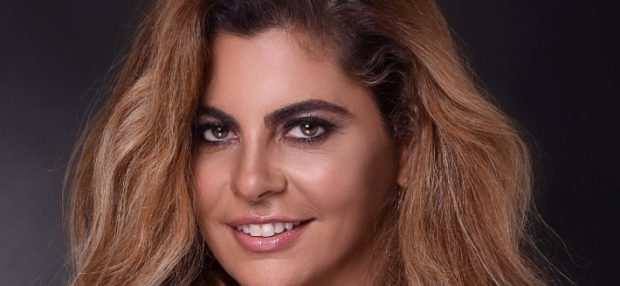
Natasha from Kayado Castro. Photo: Profile
The world has not been spared the changes brought about by the Covid-19 pandemic, of course, and experts are now trying to understand and explain what scenario we can expect in the future. My job is to connect people and businesses within Silicon Valley, and by attending this environment crowded with innovation, technology and science, I have also noticed that the social and economic changes brought about by the pandemic have already begun and will increasingly affect our small activities of daily life and minimum daily habits.
From 2020 until now, the world has been more attached to the home, frequenting the streets less and having fewer social contacts. Thus, shops, bars and restaurants have had to innovate in their delivery technologies, for example. The apparent fashion followed: clothes became more sedate and comfortable, after all, they began to be used for other purposes.
But now, little by little, things are going back to what we used to know. Here, in Silicon Valley, a mask is no longer mandatory and the world looks more like the old world. What we’re seeing, across the board and all the time, is that this pandemic period has, of course, led to a profound paradigm shift in nearly every aspect of life, including the little things that can go unnoticed.
For example, the shift to the office professional at home has affected the shoe market, as no one else has seen the need to wear certain types of shoes such as high-heeled shoes. Or cosmetics such as make-up. From home, why use these things? There is a small revolution in customs and traditions, and we are already reshaping our routine.
All this was only possible because the thinking minds of the world needed to look for innovation. We followed this up with vaccines, for example, the human ability to innovate based on knowledge and research, but this impulse was not only in medical science, but in everything. In technology to serve us. In arts for entertainment. It’s common for us to feel better about our skin while isolated and working from home. Everything has changed and the pandemic has shown us how innovation is essential.
And all these small revolutions will lead to another fundamental change: our approach to technology and innovation. In this new normal, developments will happen faster and faster in people’s daily lives, as the idea is that there is no more time to waste. The residents themselves now know that we can no longer predict tomorrow with such certainty, so they will demand, research and want faster, more efficient and more personalized solutions. With that, I’ve listed some of the trends I’ve been watching when navigating the companies and individuals that make up Silicon Valley and will dictate innovation paths. We must be aware and prepared that this new normal is indeed the future.
Transport – technology that has developed several types, from unmanned cars, supersonic trains, space tourism, private fleets of supersonic aircraft, etc. All of them are already in an advanced state of study in the valley.
Artificial Intelligence – There is a search for a replacement, stronger and stronger now, for almost everything that is not intellectual by robots and artificial intelligence, orchestrated by code and machines. The human mind will be more focused on strategic, ethical and philosophical questions.
Personalization – everything. From home-delivered rapid-testing and telemedicine readings that are evolving exponentially during COVID-19, to the pharmaceutical industry, which is preparing itself to develop exclusive home-delivered drugs. But also in personal clothes, for example, with smart mirrors and a three-dimensional world.
Biotechnology – studies that made it possible to eliminate fetal pathologies and malformations. Organs are able to adapt to living things, which makes it possible to prolong life on Earth.
* Natasha de Cayado Castro is the founder and CEO of Wish International, a market intelligence, content processor, and investor. Member of the United Nations Board of Directors and the Women’s Chapter in Silicon Valley

“Wannabe internet buff. Future teen idol. Hardcore zombie guru. Gamer. Avid creator. Entrepreneur. Bacon ninja.”

